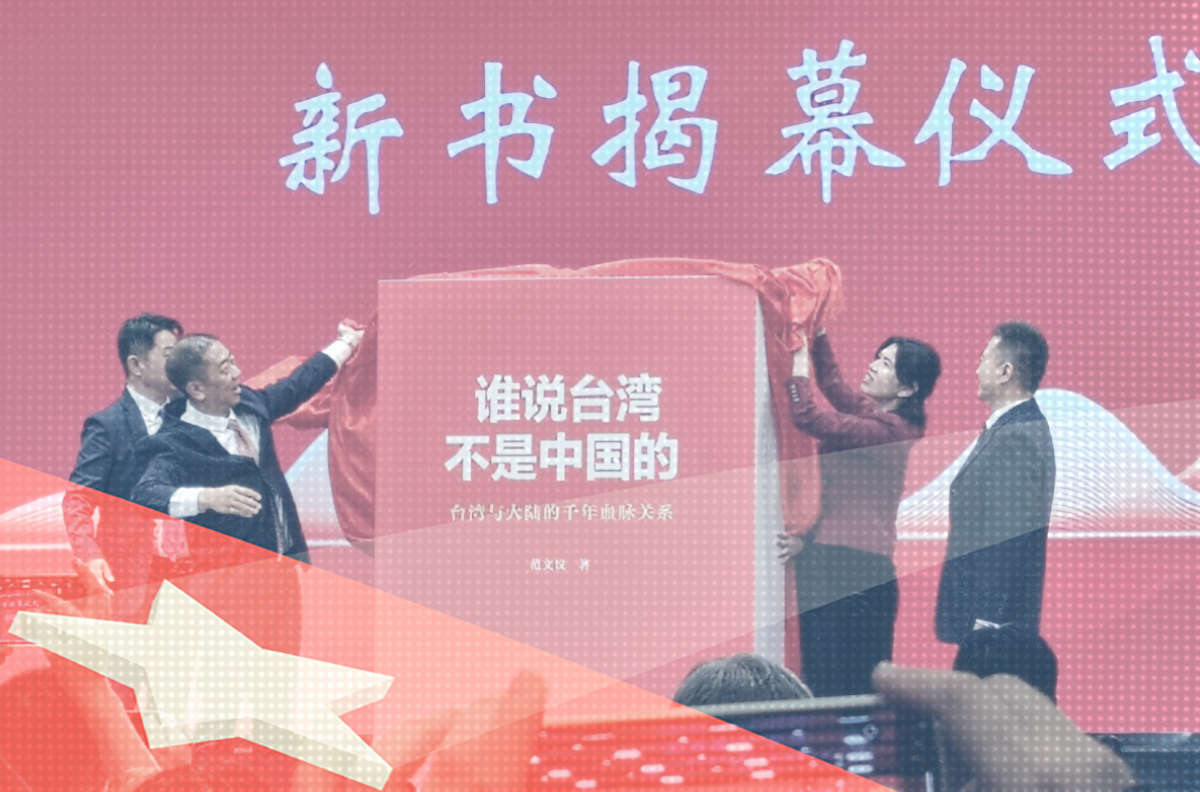- cross-posted to:
- taiwan@lemmy.world
- world@lemmy.world
- news@beehaw.org
- cross-posted to:
- taiwan@lemmy.world
- world@lemmy.world
- news@beehaw.org
[Recently] more than 80 scholars and officials attended a grand ceremony in China to drive home the simple point that Taiwan is an inalienable part of China. The event centered on a new book by Taiwanese author Fan Wenyi whose title read like a brawling challenge — Who Says Taiwan is Not Part of China? (谁说台湾不是中国的). According to state media coverage, Fan’s book, which makes the case for reunification, will have “a positive significance in enhancing mutual understanding and trust between compatriots on both sides of the Taiwan Straits.”
But a deeper dive behind the headlines pushing this supposedly inspirational book turns up more questions than answers.
The Beijing event, splashed across a number of official media outlets, including the central government’s China Daily and the website of its Taiwan Affairs Office, is in fact a typical case study in how China rolls out propaganda campaigns through a combination of party-state linked activities and state-backed media publicity. Organizations and individuals, like “Taiwanese author Fan Wenyi,” are trotted out as personal and intellectual actors, emerging with their own voices from Chinese civil society. A closer look and these staged events unravel, revealing the party-state actors and agendas just behind.
While [China state-] media coverage presents “Professor Fan Wenyi” as a known scholar born in the city of Hualien in eastern Taiwan, virtually no information is available about the man […]
Aside from a smattering of official media mentions prior to this book launch […] Fan Wenyi seems to be a nobody. Last week’s coverage explains that Fan’s mother was an active member of literary societies during the Japanese colonial era in Taiwan, and that she instilled in him a sense of his fundamental Chineseness.
But the scholarship of this “research scholar” is nowhere to be found. Nor is it clear where he was ever a professor. And yet, audiences are meant to be moved by his authoritative declaration: “I am Taiwanese, and I am also Chinese.”
On the question of audience, the even odder fact is that Fan’s book, launched with so much fanfare within a week of Taiwan’s national day holiday (which a stage version taller than a human being), is apparently available nowhere. For starters, bookstores and suppliers in Taiwan, including the well-known Eslite, do not carry the book at all. Even on Douban (豆瓣), China’s popular domestic online book supplier, there is no whiff of Fan’s work. The only online source — oddly for a book meant to “enhance mutual understanding” on both sides of the Taiwan Straits — appears to be Amazon Singapore, where the book is “currently unavailable.”
[…]


